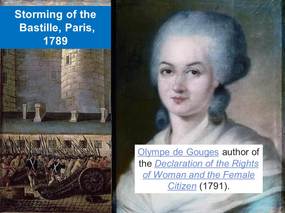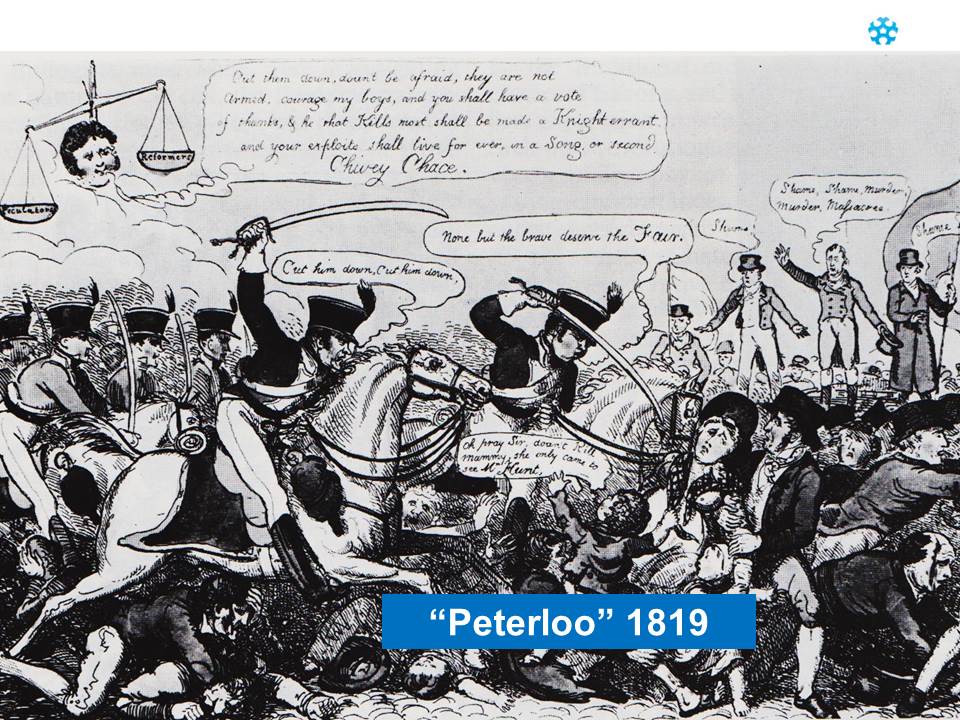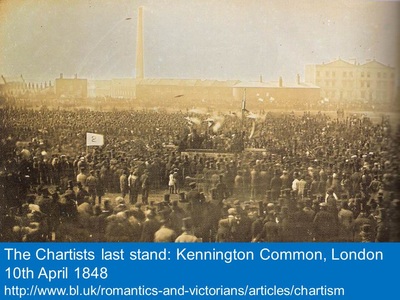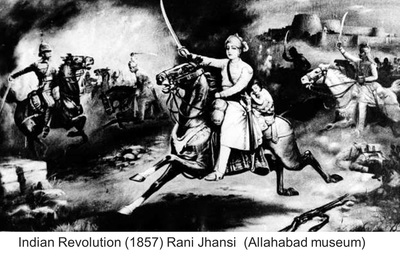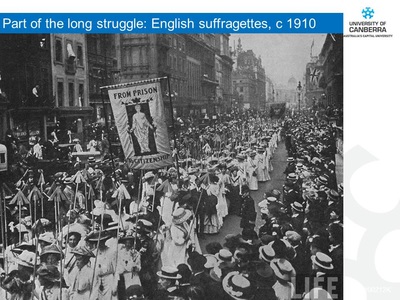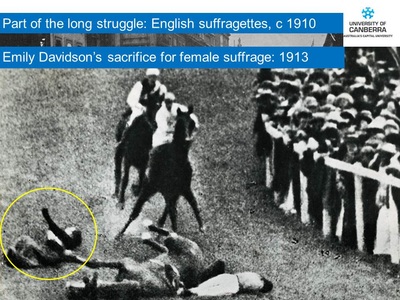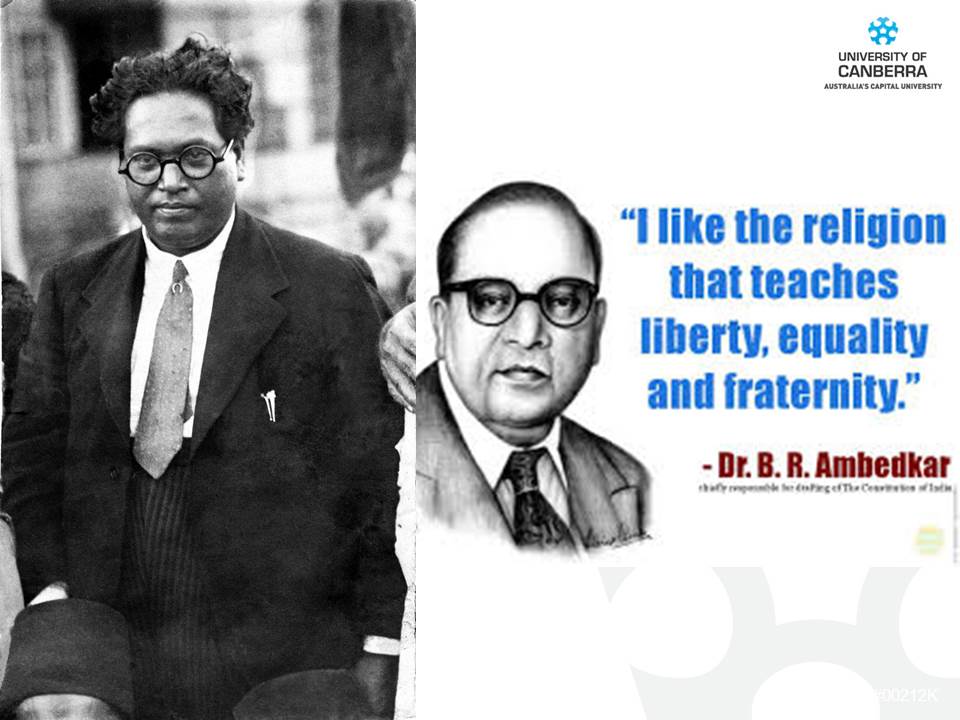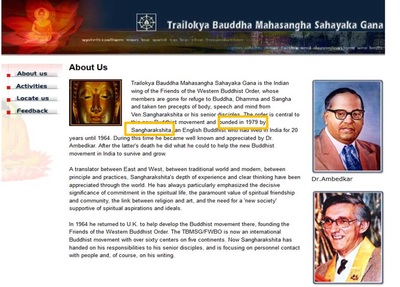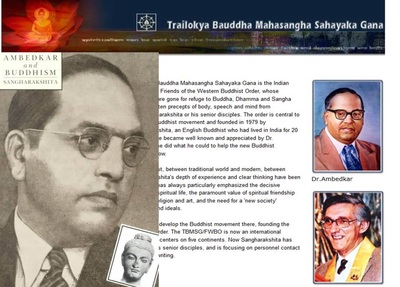|
Dr Itamar Bashan, an Buddhist-Israeli peace activist, co-founder of Bhavana House, a Dhamma sanctuary in Tel Aviv, Israel, has sent a link to a very thoughtful article which he presented to the Buddhist World Peace Conference, at the Sagain International Buddhist Academy, in Myanmar, in January 2016.
This is called "Dependently Ceasing in the Middle East: A Personal Account" He writes, in part: For many years I could not understand how the citizens of Nazi Germany kept silence when Hitler came to power, declared war and conducted the Final Solution, the demonic plan for the mass murder of all Jews in the world, based on a racist ideology. I could not understand how ordinary people - teachers, merchants, artists, journalists, politicians, intellectuals, people of law and justice - most certainly honest, decent, educated people - could keep silent. How could they remain silent in view of the human monster that developed right before their eyes. That silence was incomprehensible to me, a crime that was second only to the atrocities of the Nazi regime. As a karmic irony, the answer is given to me now on a daily basis. And that answer is painful. As an Israeli, I am a citizen of a country that lives by the sword. A country that was founded to address the needs and to protect the rights of Jewish war refugees to have a new and just life, but gradually became violent and oppressive towards a population that lived in this country for many generations, the Palestinians. Gradually, after its greatest military victory in the Six Day War in 1967, Israel has become an arrogant, depriving, occupying state, violating the international law and trampling basic human rights. Last year, following the strengthening of the extreme right wing forces in the Knesset (Israeli parliament) and in the government, this process gained momentum, and I see how ordinary people - teachers, merchants, artists, journalists, politicians, intellectuals, people of law and justice - most certainly honest, decent, educated people - keep silent. I see first hand the mechanisms of incitement, I see the threats and violence that are directed towards those protesting against the repressive actions, and I understand directly how this was possible in Nazi Germany, how it is possible today in Israel, how it is possible anywhere. We, human beings, have the potential to be either pure or evil. It is our responsibility to choose, we are the owners of our actions and we inherit the results. This resonates with my "fortress world" article in BODHI Times 49. I have asked Itamar if there was any reflection on rising Buddhist extremism in Myanmar at the conference. Solutions My only long term solution to the problems humans face is to slow their growth and greed. But there are too many “demographic arms races” in progress. Europe slowed its demographic momentum a few decades after World War II but most Europeans forgot about too much of the rest of the world, though most of Scandinavia and the Netherlands tried to promote foreign development. Now, chaos outside Europe, not only in the Middle East, but also the Sahel and northern Africa threatens European security. Neoliberalism (seeing humans as primarily rational actors in markets, so that unrestrained market forces will generate maximal prosperity for most) is part of the problem, but even the author of this piece, George Monbiot, is blind to the harm that unrestrained population growth does to development. He appears to not understand the "demographic dividend", the absence of which underpins many failed states. (See also Development, inequality and climate change [PDF] via this link for a recent paper discussing the demographic dividend). Perhaps there is no solution. We do live in samsara. But, if we use that as reason for defeatism and indifference, then surely we create the karma to ourselves be treated with indifference or hostility.
0 Comments
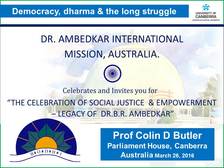 The Celebration of Social Justice and Empowerment - Legacy of Dr BR Ambedkar Parliament House, Canberra Australia, March 26, 2016 Distinguished guests Ladies and Gentlemen SLIDE 1: It is a great honour and a pleasure to take part in this historic meeting, in Parliament House, the heart of democracy in Australia, the country in which I was fortunate to be born.. Winston Churchill, who led the British people during World War II, said in the House of Commons, in the British parliament, a similar system of government to that which the Australian system is based on, that “It has been said that many forms of Government have been tried, and will be tried in this world of sin and woe. No one pretends that democracy is perfect or all-wise. Indeed, it has been said that democracy is the worst form of Government except for all those other forms that have been tried from time to time." However, it is worth recalling that Churchill, despite his great courage and leadership against Hitler was, at least in his early life, not only racist, including towards anyone born in India, but also opposed to giving the vote to white women born in his own country – apparently against the wishes of his own wife, Clementine. Churchill was particularly upset by the violent tactics of the women, the suffragettes, who in turn argued that men would only listen to force. It is also worth recalling that Churchill had a major role in the decision to invade Turkey in 1915, an action that caused immense suffering and thousands of pointless deaths not only to Australian troops but to many Indians. SLIDE 2: But let me go back. 1789 marked the French revolution, which culminated in the execution of the French head of state and was the first time democratic forces really took power in Europe, although the reign of democracy was initially brief. This period also saw a distinct rise in gender equality, with the release of the Declaration of the Rights of Woman and the Female Citizen in 1791. SLIDE 3: Across the Channel, in England, which at that time had not only just lost its American colonies (after a form of democracy spread there - but excluding representation to both slaves and its Indigenous people) but had also invaded the continent this meeting is on, there was great fear that there would be a contagion of democratic aspirations, as indeed briefly occurred in Austrian dominated Holland. In England, in the Brabant Revolution, in 1819, soon after Waterloo, the battle that ended the Napoleonic wars (which England won) there indeed were signs of this, with a large public gathering (perhaps 60,000) at St Peter’s Field, in Manchester, many dressed in their best clothes. Manchester was in the throes of the industrial revolution, with great hardship endured by many people. At that time, only 2% of adults could vote. This drawing, to celebrate what was created soon after called “Peterloo” (to try to embarrass the troops), reflects some of the outrage that followed the official reaction to this protest, which led to 18 unarmed people dying including a woman and a child. Over 700 people were said to be injured. Some of the text says “cut him down, cut him down” and “Oh pray sir, don’t kill mammy, she only came to see Mr Hunt”. News of this brutality spread quickly in England, and the authorities never again were quite as brutal, perhaps recognising that to do so could foment even more resistance. This event also contributed to the birth of the Guardian newspaper, which is still campaigning. To do this day there is concern that the event has been poorly memorialised, a campaign is underway for a better memorial. SLIDE 4: My next slide is one of the earliest photographs ever taken. It shows a great crowd at Kennnington Common, near the Oval, in south London. Many of this crowd were police, there to make sure the gathering remained peaceful. It is regarded as the last great gathering of the Chartists, a movement then about 10 years old, which sought to gain a wider franchise, a movement towards democracy, not only for men but for women. SLIDE 5: This shows Rani Jhansi a rebel in the 1857 attempt to overthrow the British, in India who were acting as a kind of super-caste, oppressing almost all Indians. She was called, by some, the Indian "Joan of Arc" (who also fought against the British.). (If you look closely you can see a small boy - her stepson - lashed to her back, as she rides.) SLIDE 6: My next slide is about 50 years further into the future, it shows a great gathering of women marching for the vote in London. They were unsuccessful, but in 2013 the suffragette cause was further stirred by the martyrdom of Emily Davidson, a suffragette who had endured more than 50 forced feedings and who had been in prison many times. She was trampled by a galloping horse during the Derby, in view of the king. She may have been been trying.to pin a suffragette banner onto the king's horse. 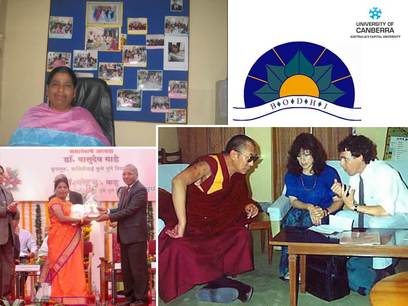 SLIDE 7: These pictures give you a tiny taste of the long struggle for greater equality and a fairer go, which Dr Ambedkar is a great part of. I feel other speakers here are far more qualified and knowledgeable than I am to speak of his role, but it is my sense that there is still a need not only for Dr Ambedkar but many other champions of greater fairness, both in India and beyond India. We also need champions for the environment, and for species other than our own. SLIDE 8: Finally I want to say a few words about BODHI. BODHI is an organisation which I co-founded in 1989 with my late wife Susan. There is a picture of Susan and I, taken with His Holiness the Dalai Lama, in India, in 1990. BODHI is one of the world’s mainly Buddhist charities. Since 2005 we have supported projects with followers of Dr Ambedkar, mainly in Pune, Maharashtra. One of these followers is Karunadeepa, one of whose grandfathers took part in the original conversion in Nagpur, in 1956. Here is Karunadeepa getting an award for her social work, only last month. SLIDE 9: Karunadeepa is part of a larger organisation inspired by Ven Sangharakshita and Dr Ambedkar, called TBMSG. Sangharakshita's book on Ambedkar can be downloaded for free at www.sangharakshita.org/_books/Ambedkar_and_Buddhism.pdf.
Thank you so much, especially to the organisers, for the opportunity to speak to you today. Slides are also available at http://www.slideshare.net/ColinButler/democracy-dharma-the-long-struggle. 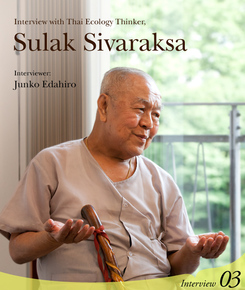 See http://ishes.org/en/interview/itv03_01.html See http://ishes.org/en/interview/itv03_01.html In late March 2016 Australian media had two prominent stories about corruption in adjacent South East Asian nations. One, concerning the Malaysian prime minister, was horrifying. It involved vast amounts of money (closer to A$1 billion than A$100 million), ghastly murders, Saudi sources and generalised fear among civil society. Malaysia Four Corners concludes: "In any other country, a prime minister linked to so many allegations of corruption would have been impeached by now. What is it going to take in Malaysia?" CLARE REWCASTLE BROWN: I think that Malaysia is waiting for foreign action. I think they feel, um, disempowered; um, helpless. Thailand Less well publicised, but more encouragingly, there were radio and TV reports concerning the unseemly acquisitiveness of some Thai Buddhist monks, and a sect called Dhammakaya. The scandal includes the acting supreme patriarch - Somdet Phra Maha Ratchamangalacharn (Somdet Chuang) who has acquired, among other things, a very fancy vintage car. Dhammakaya celebrates material wealth. Let me confess that I like wealth and security, but the poverty and suffering of others greatly disturbs me.. The Buddha encouraged a middle way. Some wealth might be ok, from a Buddhist perspective, but too much personal wealth cannot be good for others, particularly for ordained people, who are setting an example. I also find the extreme wealth of the Thai royal family problematic, especially given that there are well-documented cases of slavery still present in Thailand today, for example in its fishing industry. However, compared to Malaysia, I found it very encouraging in that there is a government-led attempt to investigate corruption. Here are some highlights: LIAM COCHRANE: Some say the scandal is linked to Somdet Chuang's association to a wildly popular but controversial branch of Thai Buddhism known as Dhammakaya. BODHI's advisor (since 1994) Sulak Sivaraksa is interviewed. His comments include: SULAK SIVARAKSA: Dhammakaya teaching people that to be powerful is good, to have money is good, the more you spend money on the Dhammakaya you can even see the Buddha - and you can even live forever. SULAK SIVARAKSA: Well Thaksin supports the new demonic religion - he'll do anything to make money and Dhammakaya do anything to make money, so they're all together. LIAM COCHRANE: The military government has made fighting corruption one of its main goals. But despite the luxury cars and scandals, social commentator Sulak Sivaraksa says there's still little oversight for the finances of Thailand's religious institutions. SULAK SIVARAKSA: If you wear yellow robes, it covers everything. BODHI friend and supporter, John Allan, writes: A very dodgy business; dhammakaya also is supportive of the thugish pseudo monks in Burma who are active right wing ultra-nationalists preaching race hatred. The picture the ABC is using has to be over 20 years old. Chung is 90 and doesn't look like that anymore. The former administrative 'head of the sangha' was a teacher of mine in the 1970's. I was sceptical that he didn't step down in advanced old age; he died at 100. BUT when one sees who is lining up for the top job ...I am more sympathetic to his decision to die in office.. Very poor candidates indeed and unfortunately the old guard is just that...very old and not really up to the complexities of rapid social change. The arch conservativism so many represent mean that over the course of recent history, so called 'radical monks', essentially progressives standing up for social justice and environmental protection have been the ones disrobed as 'political' whilst corrupt money hungry clowns with a taste for right wing agendas have been protected and supported...And these are the ones who are helping to destroy the true dhamma . of course these 'worthies' are no fans of full ordination of women. Though local people support these women mainly because they are good practitioners' and not hungry for money and royal titles. More on Sulak here, the blog of Rev Danny Fisher. There is much on the web about the discrimination against Thai women practitioners, including the excommunication of Ven Ajahn Brahm for his activism in this area. |
AuthorColin Butler
|
